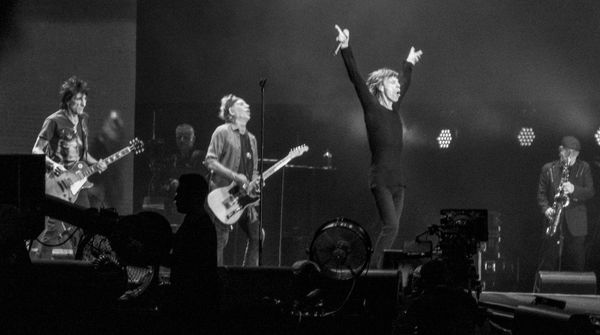Nintendo's newest console, the Nintendo Switch, was an instant success. Inexplicably, the game company, most notorious for doing the exact opposite of what its devoted fans want, put out an intuitive, flexible console with a plethora of high-quality titles and collaborations.
Even without considering console-selling exclusive games like "The Legend of Zelda: Breath of the Wild" and "Super Mario Odyssey" (and soon-to-be "Super Smash Bros. Ultimate"), the Switch is still a smart buy. I believe that the Switch has many years of success ahead of it.
An essential factor of the Switch's success is something that affects every game you play on it—its design. The detachable controllers (Joy-Con) and docking capabilities both work flawlessly. Any playstyle or controller setup can be achieved in seconds. The Switch even goes so far as to turn on your TV and switch it to the correct input when you dock the Switch. Plus, the controllers can both accommodate a player, so any two-player game works without needing to buy additional accessories.
When I bought my Switch, I thought I would spend 90% of the time playing docked using a Pro controller. But the Switch screen is large enough to enjoy games where the visuals are important (like "Breath of the Wild") and the Joy-Con are more ergonomic and comfortable than I thought they would be. Nintendo made what is easily the most convenient, easy-to-use, flexible and portable console system to date, while still packing it with enough processing power to run demanding games well.
Nintendo's willingness to port already-successful third-party games to the Switch is another reason the console has a bright future. Big titles like "Minecraft," "Fortnite," "Skyrim," "Rocket League," "DOOM," "Wolfenstein II" and "Payday 2" pull in a wide variety of established audiences and solidifies the Switch as a viable alternative to the big boys, the Xbox and PlayStation. The unparalleled portability of the Switch also incentivizes those who already own these games to purchase them again for convenience, generating more profit for both Nintendo and the third-party developer.
In addition to working with big AAA developers, Nintendo has embraced the indie scene to fill out its catalog of games. Notable titles include "Celeste," "Hollow Knight," "Stardew Valley," "Enter the Gungeon," "Steamworld Dig 2," "Shovel Knight," and "Golf Story." And Nintendo has plenty more on the way. They plan to release 20-30 indie games on the Switch each week. This is great for indie games, as they will reach a larger, more casual audience than if they were solely released on PC. Plus, ensuring a constant flow of new games is a surefire way to sustain the console's lifespan.
The Nintendo Switch is Nintendo's best console yet. It's a rare example of Nintendo embracing third-party developers and making a more inclusive system, which is what allows the Switch to compete with the aforementioned big boys. Combine this with Nintendo's usual focus on convenience and ease-of-use, and you've got a console with a profitable road ahead of it.



















